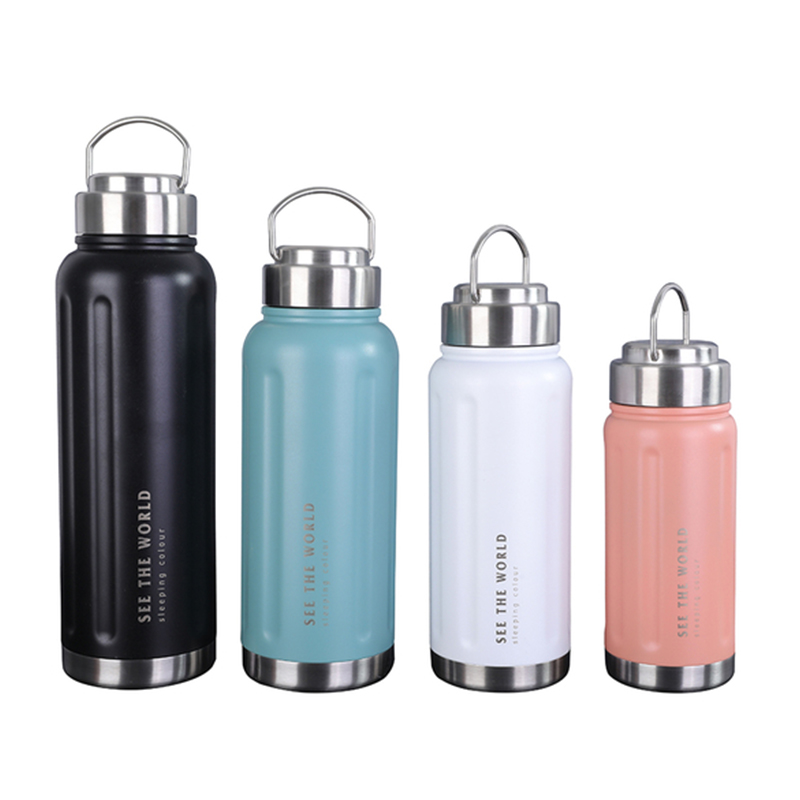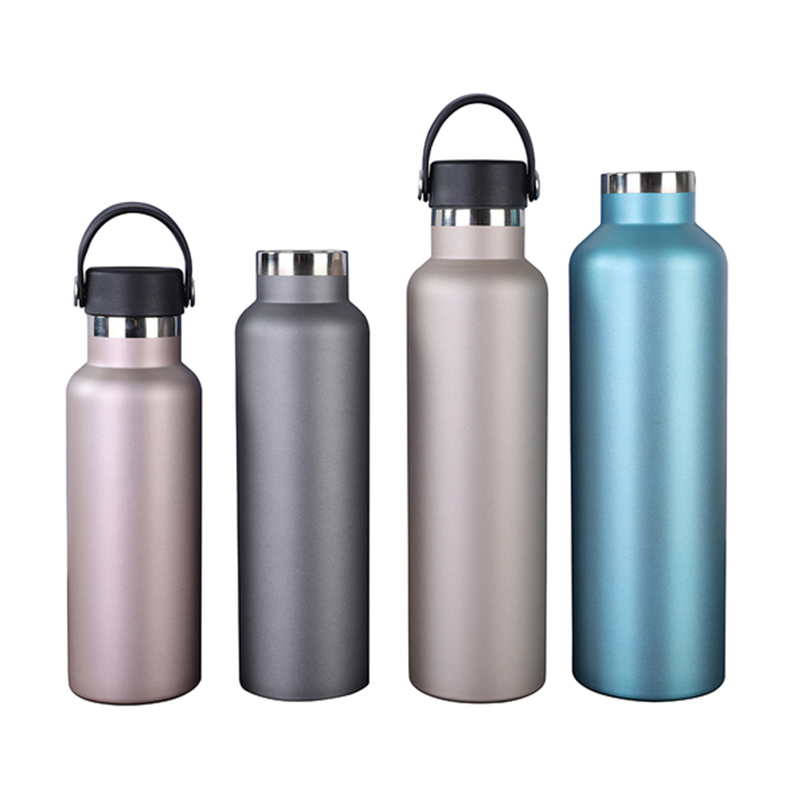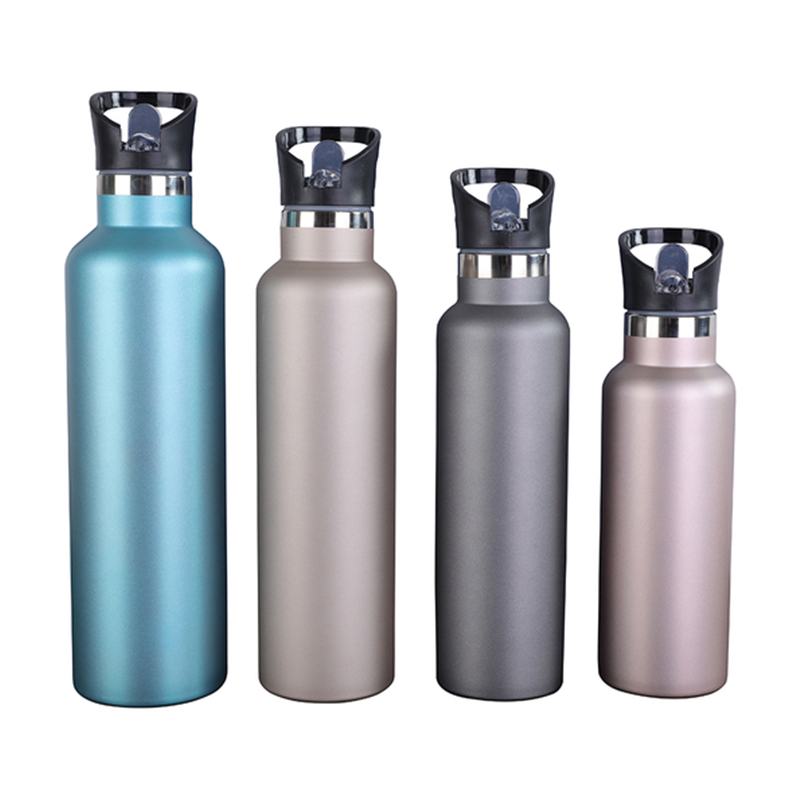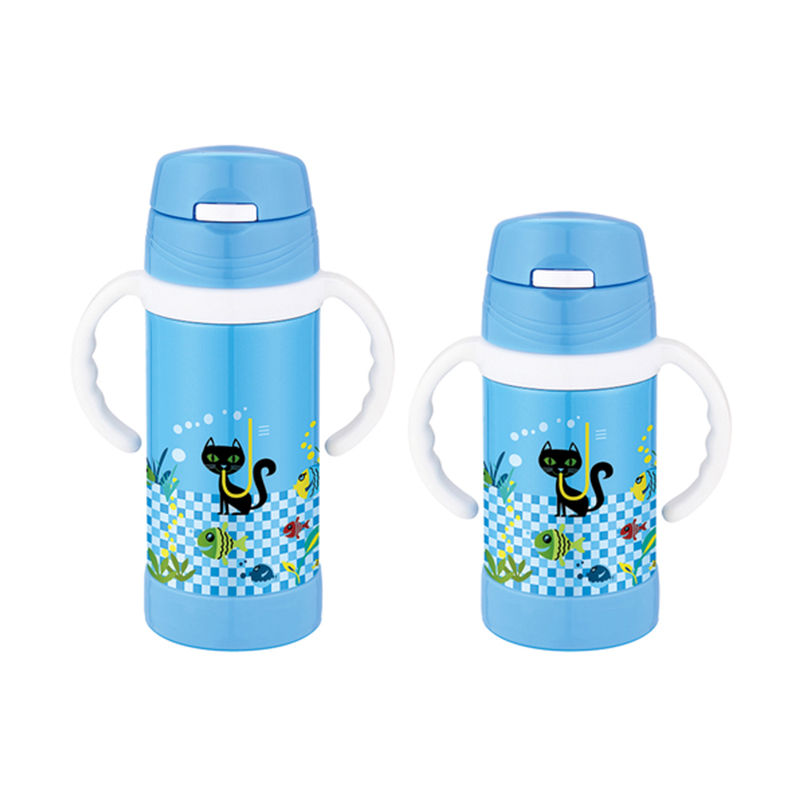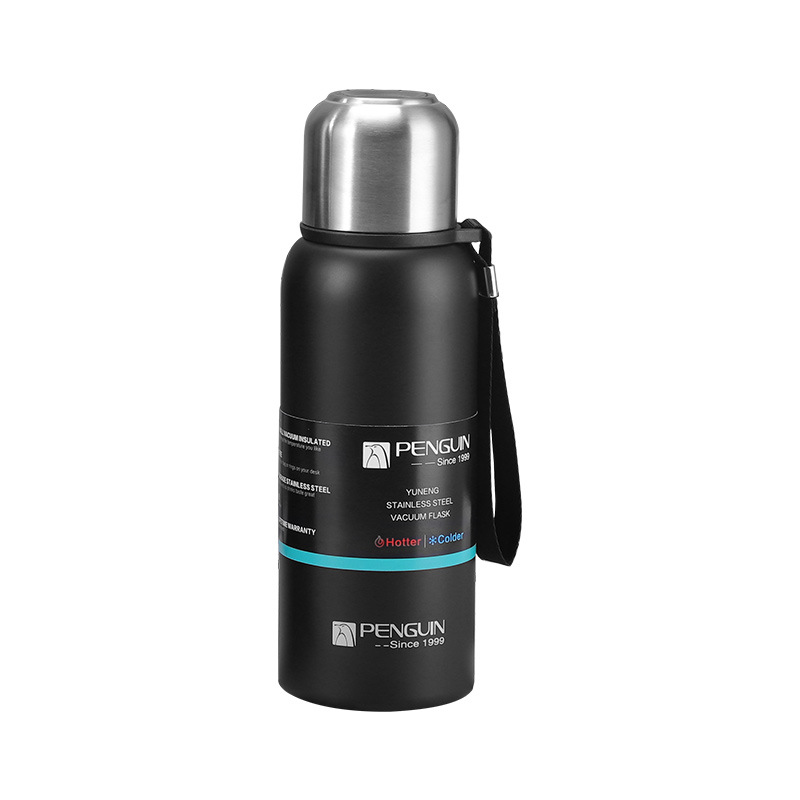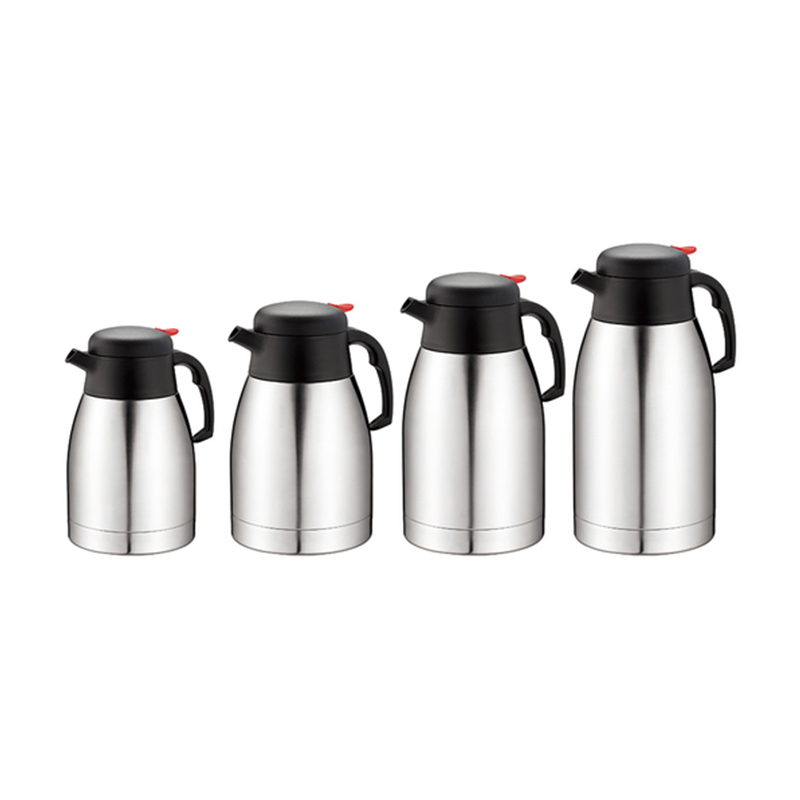The Material of Large Capacity Water Bottles
2025-04-11
Wholesale Custom Large Capacity Water Bottles Supplier
One of the popular materials for large capacity water bottles is stainless steel. Known for its strength and durability, stainless steel is an option for anyone looking for a bottle that can withstand heavy use. Stainless steel bottles are often double-walled, which helps with insulation. This design allows them to keep beverages cool for up to 24 hours and hot for up to 12 hours, making them good for outdoor adventures, gym sessions, or long commutes.
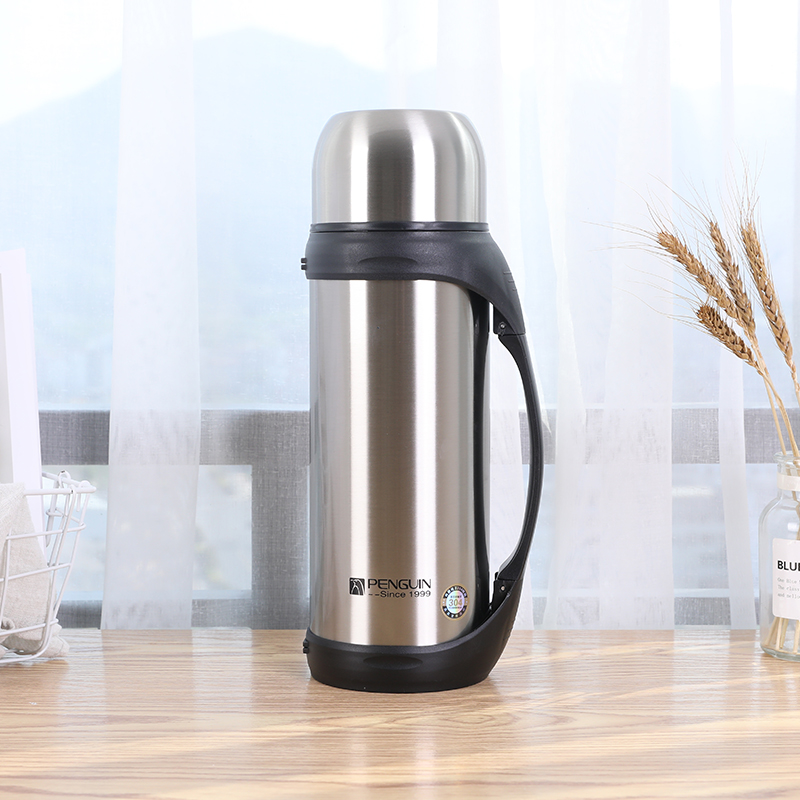
Additionally, large capacity water bottles made of stainless steel are resistant to rust and corrosion. This means they can last for years without showing signs of wear and tear. Another significant advantage of stainless steel is that it is non-reactive, meaning it won’t leach chemicals into your water. This makes it a safe option for long-term hydration.
However, stainless steel bottles can be heavier than their plastic counterparts, especially in larger sizes. The price of high-quality stainless steel bottles may also be higher, but the investment can be worthwhile due to their longevity and performance.
Plastic is another common material for large capacity water bottles. Many people prefer plastic bottles due to their light weight and affordability. BPA-free plastic, in particular, has gained popularity due to health concerns surrounding Bisphenol A (BPA), a chemical commonly found in plastics that can leach into food and beverages. BPA-free plastic bottles provide peace of mind, ensuring that harmful chemicals are not entering your body.
Plastic large capacity water bottles are also generally more affordable than stainless steel options, which makes them a great choice for those on a budget. Additionally, plastic is often easier to mold into different shapes, which means there are more design options available for large capacity water bottles made from this material.
One drawback of plastic bottles, however, is that they are not as durable as stainless steel. They can crack or break if dropped, and they are more likely to retain odors or stains over time. Moreover, plastic bottles tend to degrade faster, especially when exposed to sunlight or high temperatures. While BPA-free plastic is generally considered safe, there are still concerns about other chemicals that may be present in certain plastics.
Glass is a less common but highly sought-after material for large capacity water bottles. Known for its purity, glass is a non-toxic option that won’t leach chemicals into your water. If you’re looking for a truly safe and eco-friendly option, a glass large capacity water bottle is an choice.
One of the benefits of using glass is its ability to preserve the taste of your water. Unlike plastic, glass doesn’t absorb odors, so you can enjoy fresh-tasting water every time you refill. Additionally, glass bottles are easy to clean and maintain. However, the primary downside of glass is its fragility. Large capacity glass water bottles are more prone to breaking if dropped or knocked over, making them less suitable for rugged outdoor environments.
Another consideration is the weight of glass. While it can be heavier than plastic, glass bottles tend to be more lightweight than stainless steel, making them an attractive option for those looking for a balance between weight and durability.
Aluminum is another material used in the production of large capacity water bottles. Known for its light weight and ability to be easily recycled, aluminum is an eco-friendly choice for consumers who are environmentally conscious. Aluminum bottles often have an inner lining to prevent the metal from reacting with the water, ensuring that your water remains fresh and free from metallic tastes.
However, aluminum bottles tend to be less durable than stainless steel, and they can dent or scratch more easily. The inner lining can also degrade over time, especially if the bottle is exposed to temperatures or rough handling. Aluminum bottles are also less effective at keeping water cool or hot compared to insulated stainless steel options, although some models are designed with insulation to improve temperature retention.
Despite these drawbacks, aluminum remains a popular choice for large capacity water bottles because of its lightweight nature and the fact that it is 99.99% recyclable, making it an environmentally friendly option.



 English
English  日本語
日本語  Deutsch
Deutsch 



